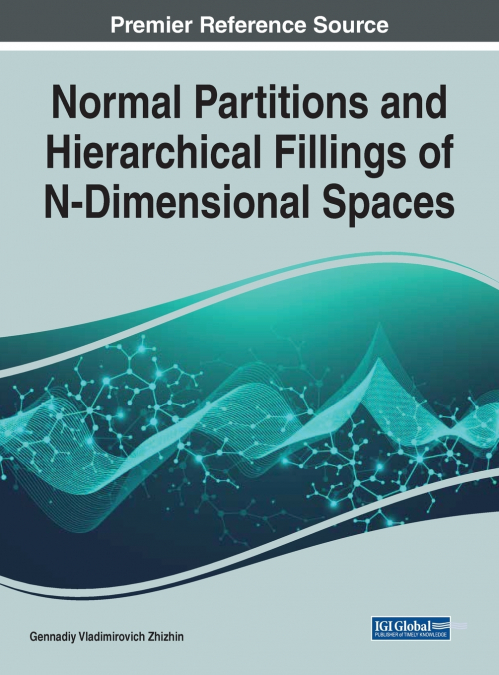
Gennadiy Vladimirovich Zhizhin
In the study of the structure of substances in recent decades, phenomena in the higher dimension was discovered that was previously unknown. These include spontaneous zooming (scaling processes), discovery of crystals with the absence of translational symmetry in three-dimensional space, detection of the fractal nature of matter, hierarchical filling of space with polytopes of higher dimension, and the highest dimension of most molecules of chemical compounds. This forces research to expand the formulation of the question of constructing n-dimensional spaces, posed by David Hilbert in 1900, and to abandon the methods of considering the construction of spaces by geometric figures that do not take into account the accumulated discoveries in the physics of the structure of substances. There is a need for research that accounts for the new paradigm of the discrete world and provides a solution to Hilbert’s 18th problem of constructing spaces of higher dimension using congruent figures. Normal Partitions and Hierarchical Fillings of N-Dimensional Spaces aims to consider the construction of spaces of various dimensions from two to any finite dimension n, taking into account the indicated conditions, including zooming in on shapes, properties of geometric figures of higher dimensions, which have no analogue in three-dimensional space. This book considers the conditions of existence of polytopes of higher dimension, clusters of chemical compounds as polytopes of the highest dimension, higher dimensions in the theory of heredity, the geometric structure of the product of polytopes, the products of polytopes on clusters and molecules, parallelohedron and stereohedron of Delaunay, parallelohedron of higher dimension and partition of n-dimensional spaces, hierarchical filling of n-dimensional spaces, joint normal partitions, and hierarchical fillings of n-dimensional spaces. In addition, it pays considerable attention to biological problems. This book is a valuable reference tool for practitioners, stakeholders, researchers, academicians, and students who are interested in learning more about the latest research on normal partitions and hierarchical fillings of n-dimensional spaces.